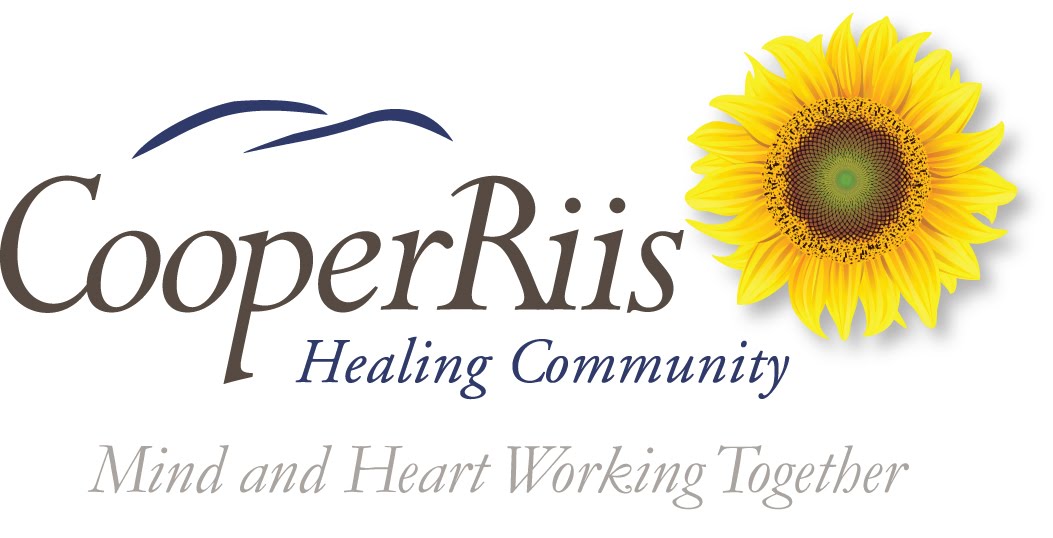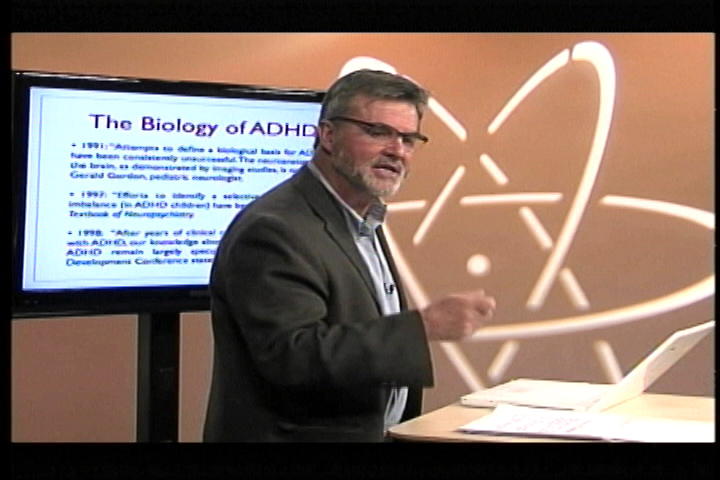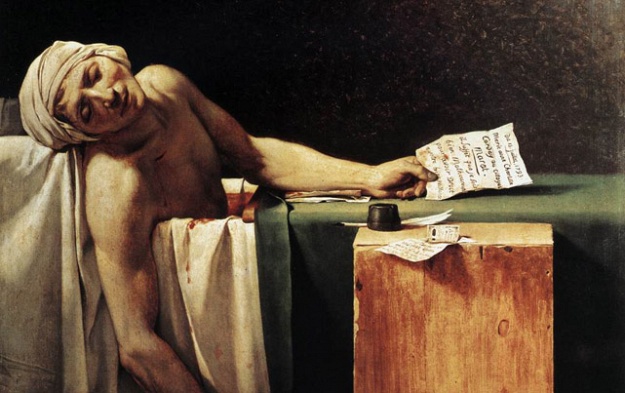
This has been a turbulent week on this blog, beginning with a letter from an angry mother accusing NAMI and journalist Robert Whitaker of causing her son to stop taking his medications. This led to Whitaker’s response. In between, many of you posted passionate, emotional and sometimes angry comments.
Disagreements are inevitable. The question is: can we learn from each other and move forward to build a better system? I asked Virgil Stucker, the executive director of CooperRiis, to answer that question in today’s blog. Located in western North Carolina, CooperRiis is a therapeutic community. Like others that I have visited, it creates an inclusive environment where individuals feel accepted, something I believe is essential to recovery. CooperRiis and other therapeutic settings are understandably expensive so I asked Virgil to share how some of the guiding principles at CooperRiis can be used to help others in their own communities.
It is time to build bridges across the divisions
Thank you for the invitation, Pete, to address your readers. Of late, the dialogue, both on your blog and in the national arena has become quite divisive when it comes to answering the question: How can we best help the vulnerable amongst us, those with mental illness and sometimes addiction issues, to achieve and maintain their highest levels of recovery? I agree with you that by “working together cooperatively with respect and open mindedness, we can achieve change.”
You asked, “What would a mental health care system look like” that could be individually responsive to complex mental health challenges and provide effective care that is compassionate, comprehensive, and community-based?
As we look around us, we notice that people are more different than the same.





